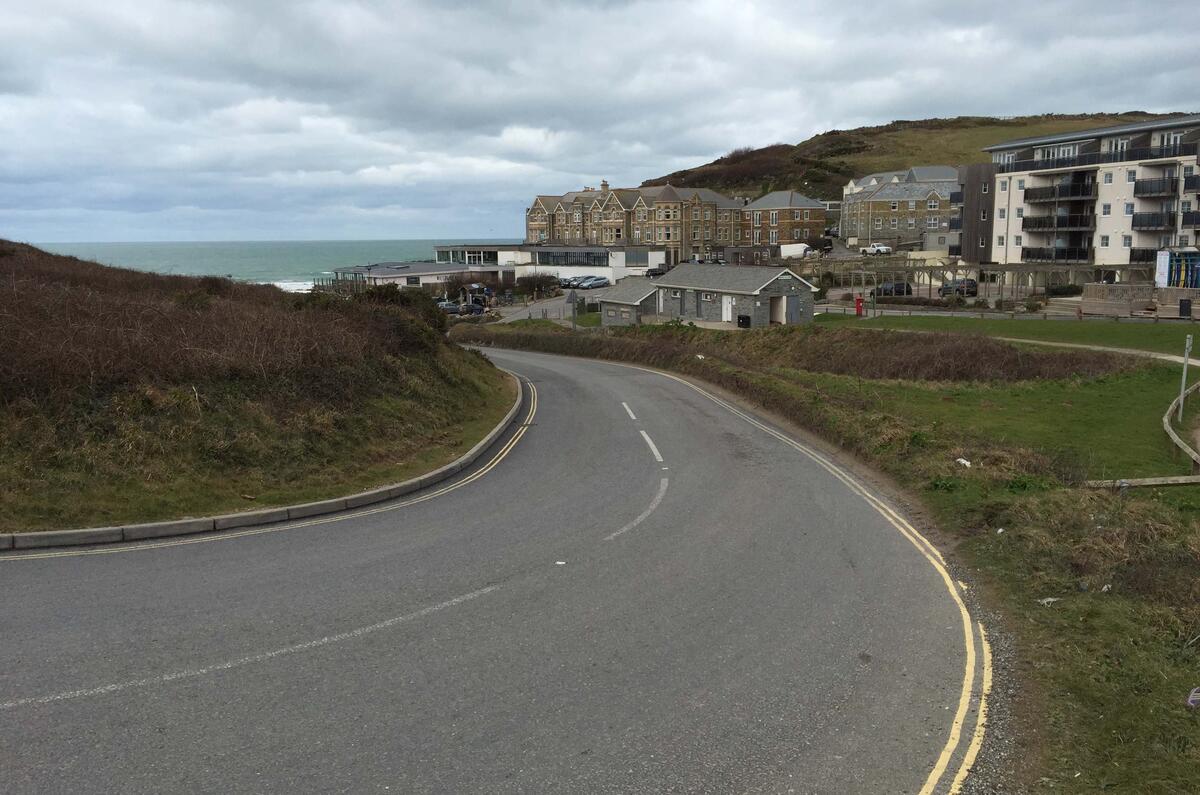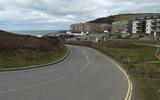One year ago I was shown a prospective new hillclimb road at Watergate Bay on the north coast of Cornwall.
The ‘course’ is a twisting, steeply rising stretch of the B3276 adjacent to the Atlantic (pictured) and has been earmarked by Truro and District Motor Club as a future location for an event. All that the club needed was a nip and tuck to the laws restricting closed-road motorsports in mainland Britain. Those changes have today been achieved.
The Motor Sports Association (MSA) - which deserves huge credit for the work it has done to make this change happen – also reports that Tendring District Council (TDC) in north east Essex has been in discussions about the possibility of bringing an event to its district.
Today’s law change brings those visions, and others like it, within reach of Britain’s motor clubs, which comprise volunteer enthusiasts. So while headlines might be made about the prospect of grand prix racing on the streets of London, this ruling will prove most significant for motor sport’s grassroots.
After all, closing a small B-road in the countryside for a couple of days is one thing; blocking off acres of the capital for a week could cause untold chaos and leave many railing against the imposition. The immediate benefits are tangible: the sport can unlock many new and interesting locations in which to compete, it can promote itself to a bigger audience and there will be an economy boost.
Even a modest speed event with a 100-car entry is sufficient to bolster local economies by packing out hotels, B&Bs and restaurants. Events such as the Mull Rally, held on the roads of the Hebridean island each October, provide a valuable out-of-season boost to the tourism economy.















Add your comment